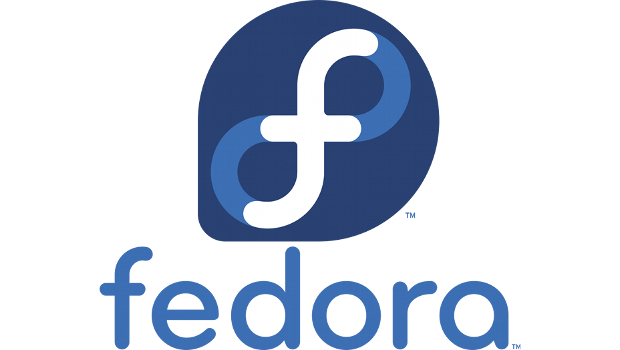The latest edition of Red Hat’s bleeding-edge Linux distribution, Fedora 24, is now available in beta, with the majority of the changes addressing how cloud applications are hosted and managed.
Ever since Fedora was split into three subeditions last year — Cloud, Server, and Workstation — it is become a proving ground both for cloud technologies and new strategies to manage Fedora itself.
Fedora 24 continues that trend. It is now the foundation for Fedora Atomic Host, a version built using Red Hat’s Project Atomic methodology and released apart from conventional releases. With Atomic Host, the OS and its apps are packaged as a series of immutable containers so that upgrades and rollback are as painless and non-destructive as possible.
Atomic Host now features what Red Hat terms a “developer mode,” which automatically starts Red Hat’s Cockpit administrative interface and a tmux session. Thus, it is easier to work with both a command line and a GUI dashboard interface to multiple systems at once.
The other major change in Fedora 24 is on the cloud side. Fedora 24 Cloud includes OpenShift Origin, a version of Kubernetes “optimised for application development and deployment,” with “additional container development capabilities and a smoother operator experience.” Origin is the core of two other major Red Hat projects — the full-blown OpenShift product, and Red Hat’s Atomic Enterprise — but the idea here is to provide some functionality from those environments for developers.
Most of the changes for Fedora Workstation and Server this time are incremental. Fedora Server has an upgrade to FreeIPA 4.3, used to manage identity and authentication on Linux systems. The biggest long-promised change for Fedora Workstation, replacing the X.org graphics server with the next-generation Wayland project, is ongoing. Rather than swap one for the other wholesale, X.org and Wayland will be shipped side by side, with Wayland as the default (as it’s been since Fedora 22) and with automatic fall back to X.org in case of emergency.
IDG News Service







Subscribers 0
Fans 0
Followers 0
Followers